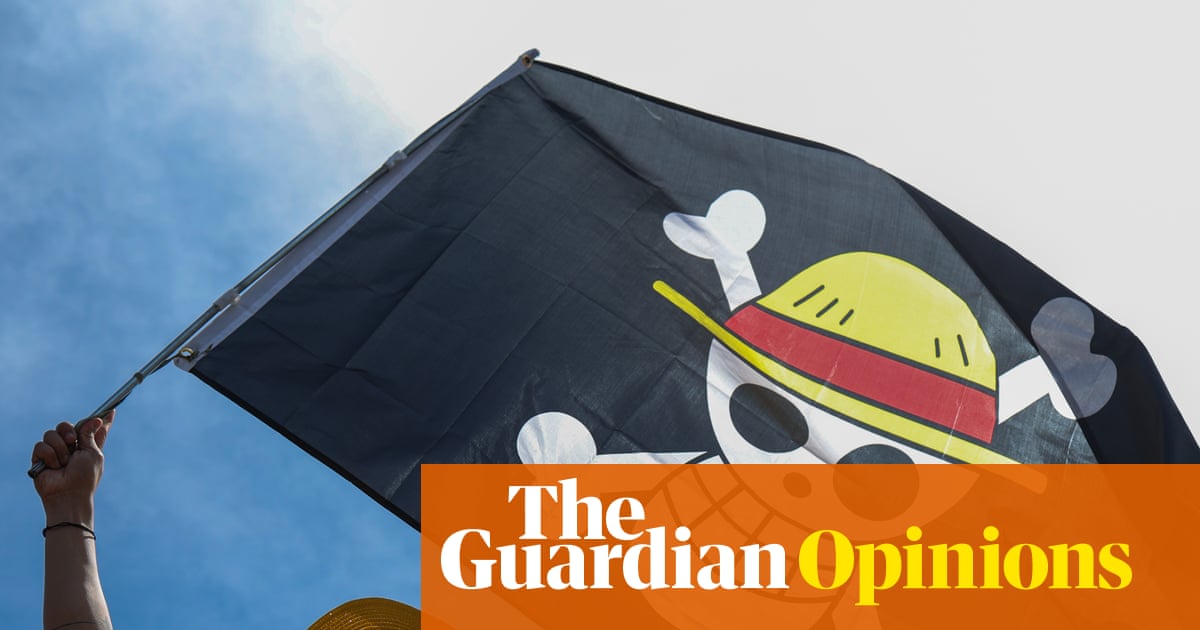Beating the dangerous influence of private interests on governments requires independent judges, journalists and a courageous civil society
A global youth revolt is shaking the foundations of political power. In just a few months, millions of young people have taken to the streets across continents – from Timor-Leste, Indonesia, Nepal, the Philippines, Kenya, Tanzania, Morocco, Madagascar, Peru and Paraguay – to denounce corruption and collapsing public systems. The spark is familiar: governments accused of looting public wealth while ordinary citizens face unemployment, rising costs, poverty and failing services. These digitally connected protest movements – leaderless, borderless and fast-moving – have toppled governments in Nepal, Peru and Madagascar. The anger is not abstract. It is directed squarely at political and economic elites who have turned public office into private estates. What they are confronting, often without naming it, is state capture – a form of corruption so deeply embedded that it shapes the rules of democracy itself.
Most people think corruption is about a politician taking bribes, or a public official pocketing cash for a favour. That’s the low-hanging fruit: petty or grand corruption, both corrosive but familiar. But there is a deeper, more dangerous form of rot – state capture. Not simply corruption of the system. It is corruption as the system. Continue reading…
http://dlvr.it/TP4JBD







